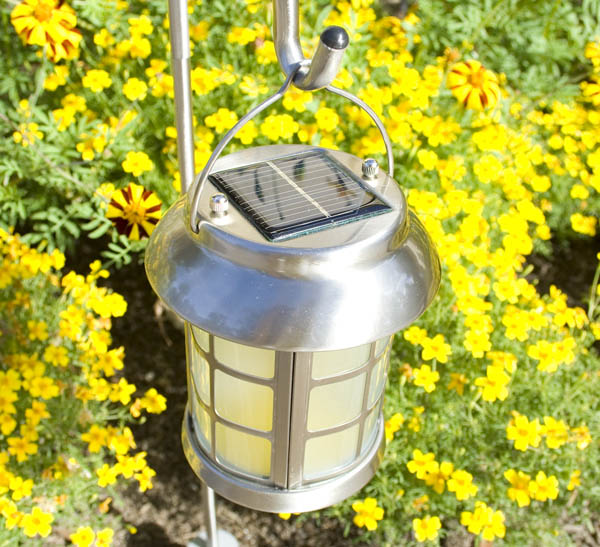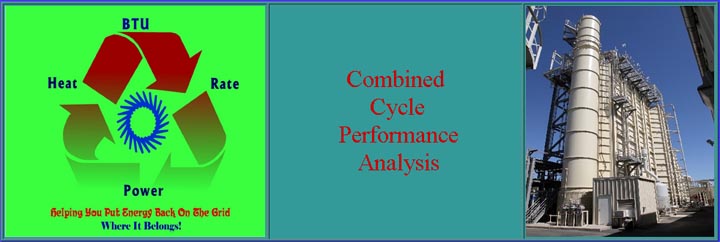The John Lewis deal part of £20m new customer growth for Opus Corporate Solutions. Opus Energy, a leading independent electricity supplier to UK businesses, today announced a host of new supply agreements with leading UK corporates including John Lewis, White Stuff, DPD and Heritage Great Britain.

Opus Energy, a leading independent electricity supplier to UK businesses, today announced a host of new supply agreements with leading UK corporates including John Lewis, White Stuff, DPD and Heritage Great Britain.
The customer wins form part of an additional £20m of new agreements, contracted by Opus Corporate Solutions in the last six months.
Opus Energy will supply 123 sites for one of Britain’s best loved retailers, John Lewis, in a two year deal worth £3.6m.
Bill Wright, Corporate Energy and Environment Manager at John Lewis said: “We look forward to forging a partnership with Opus Energy. As a dynamic company we need our suppliers to respond efficiently to our business’ needs. Opus Energy listened closely to our requirements during the tender process and offered a bespoke service at a competitive price.â€
Steve James, Commercial Director and head of Opus Corporate Solutions for Opus Energy said, “We are delighted to be working with a number of high-profile UK corporates, including one of Britain’s best loved brands, John Lewis. These are important customer wins for Opus Energy and support our position as a leading provider in the energy retail industry. As the majority of our business is won off the back of our reputation and service delivery, our recent successes are a great testament to Opus Energy’s dedication to providing a first class package.â€
Opus Corporate Solutions provided a bespoke, tailored tendering solution for the John Lewis Partnership Plc, collating its non half hourly sites into one simplified response. In addition, John Lewis will benefit from an Opus Energy tailored billing solution and levy-exempt renewable electricity supply.
Their flexible processes also appealed to John Lewis as Opus Energy were able to start supplying the retailer with electricity in a shorter time than standard industry practices.
Established in 2002, Opus Energy has grown to supply over 50,000 sites across the UK and is now an established electricity provider to large corporates. Opus Corporate Solutions has demonstrated that through dedicated resources and innovative solutions it continues to succeed in winning and retaining large corporate customers.
Opus Corporate Solutions provides a tailored service for each customer, this includes:
• Levy exempt electricity supply as standard, as 60 per cent of Opus Energy’s supply comes from cleaner sources
• Free Smart Meters** offered to Opus Energy customers
• A dedicated Opus Energy account manager and online account support platform
• Flexible, accurate timely billing
• The Opus Evolution platform which is a flexible purchasing solution that gives customers access to wholesale energy prices
About Opus Energy
Opus Energy is a leading independent supplier of electricity to UK businesses. With offices in Northampton and Oxford, Opus Energy employs over 200 people. Opus Energy supplies over 50,000 UK business sites across all sectors. Large customers include: Stagecoach, Thorntons, Farmfoods, FirstGroup, Cumbria County Council and John Lewis.
Via EPR Network
More Energy press releases









